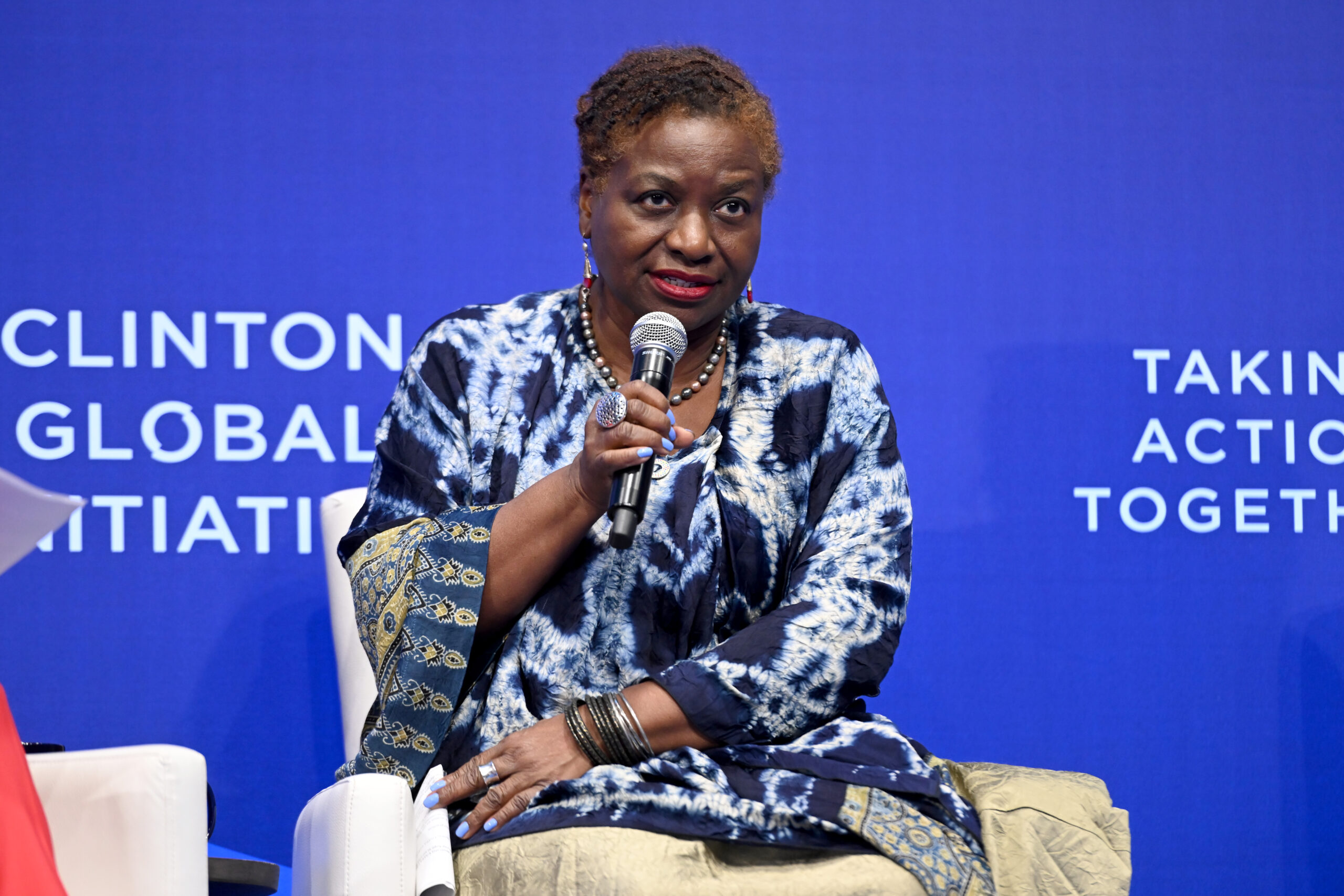
By: Vibhuti Pathak
The United Nations (UN) on Wednesday said that women’s bodies have become political battlegrounds, putting risk 30 years of progress on sexual and reproductive health for women and girls.
Thirty years ago, at a conference in Cairo, 179 countries agreed to put reproductive health at the heart of sustainable development, which “paved the way for decades of progress”, said UNFPA chief Natalia Kanem — who herself attended the conference.
There a decline of 20 per cent since the three decades worldwide in unwanted pregnancies and number of maternal deaths have decreased by 34 per cent between the time gap of 2000 to 2020, as mentioned by UNFPA in its flagship annual State of World Population report, which has been published yearly since 1978.
The number of women using contraceptives has doubled, and at least 162 countries have passed laws against domestic violence.
However, “the rights of women, girls and gender-diverse people are the subject of increasing pushback”, Kanem told a press conference.
“Annual reductions in maternal deaths have flatlined. Since 2016 the world has made zero progress in saving women from preventable deaths in pregnancy and childbirth,” she stressed.
But there is also a downhill to this whole issue, as per UNFPA, racism, sexism and other forms of discrimination were also blocking broad gains in sexual and reproductive health for women and girls.
“The data are damning. Women and girls who are poor, belong to ethnic, racial and indigenous minority groups, or are trapped in conflict settings, are more likely to die because they lack access to timely health care,” the agency said.
The key issues in the US presidential election campaign this year also includes fertility and abortion, to which Kanem calls it “the willingness to politicise women’s body as a battleground.”
UNFPA does not take a position on individual member states’ policies, but Kanem said that where legal, abortion should be safe and accessible, and where illegal, post-abortion services — typically relating to haemorrhage — should be made available.
Unsafe abortion is a leading cause of maternal death globally, but “often the physician is not going to put unsafe abortion on the death certificate”, she said.
“The lives and well-being of women and girls should not really be subject to political pressures,” Kanem insisted.
There was an emphasis on the gender violence which is rampant in almost all countries. Almost half of the women are still unable to make decision for their bodies and one out of four women cannot say not to sex.
Last month, legislators in The Gambia began considering reversing the 2015 ban on female genital mutilation.
Kanem noted this came at a time when there are “over 230 million survivors of FGM — and there’s been a 15-percent increase in that number since 2016”.
The report said that although women of all socio-economic classes and ethnicities report easier access to health care over time, the most marginalised women have seen the least improvement.
Across the Americas, women of African descent are more likely to die when giving birth than white women. In the United States, the rate is three times higher than the national average, the agency said.
Women with disabilities are up to 10 times more likely to experience gender-based violence than their peers without disabilities.
An African woman who experiences pregnancy and childbirth complications is around 130 times more likely to die from them than a woman in Europe and North America, UNFPA said.
